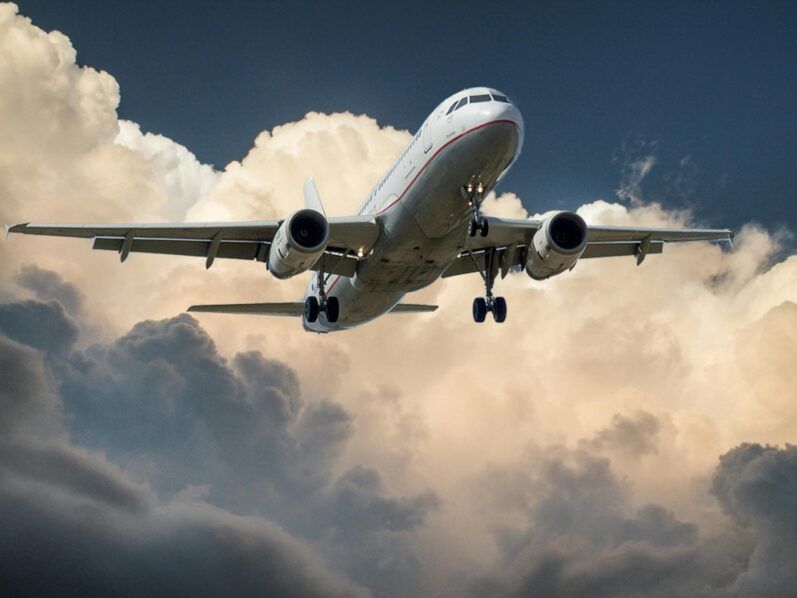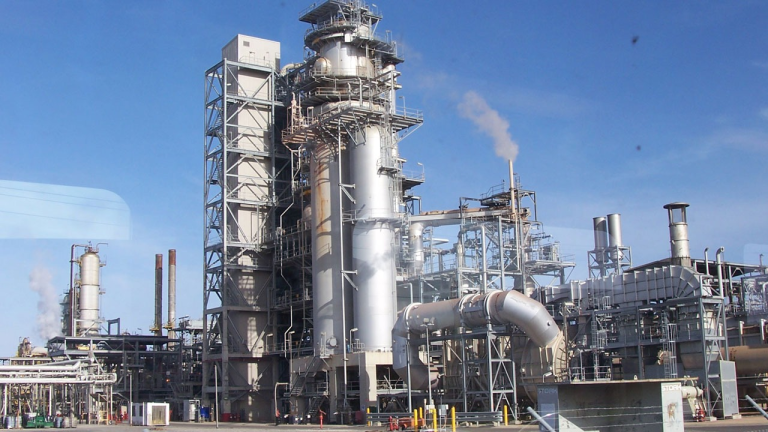
Airline Operators of Nigeria accuse NIS and NCAA of policy overlap, warn that mounting charges could push local carriers to collapse and inflate international ticket prices.
The Airline Operators of Nigeria (AON) has criticized the introduction of a new $11.50 immigration charge set to begin on December 1, describing it as yet another financial strain on an already distressed aviation industry.
According to the group, the levy which it says originated from the Nigeria Immigration Service (NIS) but is being announced and enforced by the Nigeria Civil Aviation Authority (NCAA) is unnecessary, ill-timed, and reflective of poor coordination among government agencies.
Speaking to journalists on Wednesday, AON spokesperson and Chairman of United Nigeria Airlines, Obiora Okonkwo, expressed alarm over what he called the “growing list of crippling charges” imposed on airlines. He noted that operators are being pushed to the brink by overlapping taxes, levies and regulatory deductions imposed by multiple federal agencies.
Okonkwo argued that the new fee adds no value to the aviation ecosystem and could be “counterproductive” to the survival of domestic carriers. He appealed to the government to adopt the supportive approach seen in more developed countries, warning that without intervention, several airlines may not survive.
“Aviation has become an elephant that everyone feeds on, while the operators who do the actual work are left to struggle,” he said. “We already have the $20 security charge, and now the $11.50 is coming from immigration. These charges continue to pile up while we battle rising operational costs.”
He alleged that some of the earlier levies, including the controversial $20 security charge, were collected for years without transparency or clear application, adding that funds meant for security were sometimes diverted to unrelated expenses. “Collecting money under the guise of security only to spend it on corporate or welfare issues is dubious,” he stressed.
Okonkwo also questioned the role of the Immigration Service in passenger security, insisting that the agency has not demonstrated how the new charge aligns with global best practice or what value passengers receive in return. He warned that the fees would inevitably reflect in higher ticket prices and could diminish Nigeria’s appeal as an international aviation hub.
“This $11.50 is tied to passenger profiling on international flights,” he explained. “But is the amount comparable to what is charged in other countries? And more importantly, how does immigration contribute to aviation security?”
The AON spokesperson reiterated his call for the Federal Government to provide accessible single-digit interest loans for operators. According to him, Nigeria cannot achieve President Bola Tinubu’s ambition of building a $1 trillion economy without a robust and competitive aviation industry.
“What we are asking for is support,” Okonkwo said. “International airlines we compete with have access to cheaper credit and government backing. A thriving aviation sector is essential for national economic growth.”



